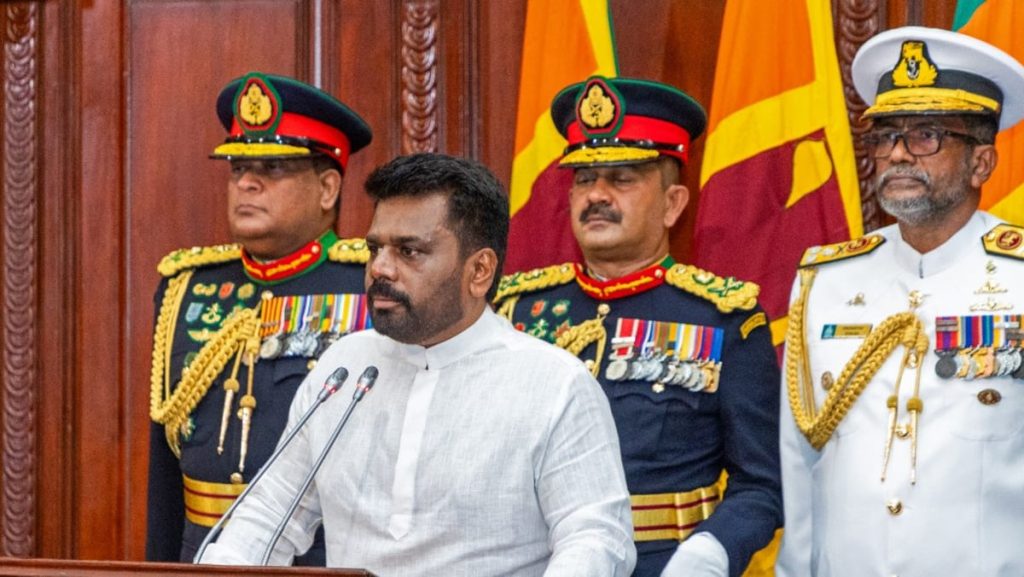Sri Lanka’s newly elected President Dissanayaka emphasized the importance of seeking international support and working with other nations to rebuild the country’s economy. Despite historical anti-West and anti-India sentiments within his party, he expressed the need for collaboration with other countries to benefit Sri Lanka. As Colombo-based diplomats observed, Dissanayaka stressed that isolation was not a viable option for the nation and that cooperation with global powers was necessary.
India and China have been vying for influence in Sri Lanka due to its strategic location on key east-west sea routes. Indian Prime Minister Narendra Modi and Chinese President Xi Jinping both expressed willingness to work with Dissanayaka to enhance cooperation and strengthen ties for the benefit of their respective peoples and the region as a whole. With India being Sri Lanka’s largest neighbor and China its biggest bilateral creditor, navigating relations with these two major powers will be crucial for Dissanayaka’s presidency.
The JVP, Dissanayaka’s party, has a history of violence, having led rebellions in the 1970s and 1980s that resulted in the deaths of over 80,000 people. However, the party has since renounced violence and Dissanayaka has promised to reform Sri Lanka’s corrupt political culture. Despite being a minor player in Sri Lankan politics in recent years, Dissanayaka’s popularity surged during the crisis, leading to his election as president. With a background as a JVP student leader and admiration for revolutionary figures such as Che Guevara, Dissanayaka represents a unique blend of ideologies and experiences.
Dissanayaka’s election as president marks a significant milestone in Sri Lanka’s political history, as he received less than 50 percent of the popular vote – the lowest since presidential elections began in 1988. Acknowledging the divided mandate he received, Dissanayaka expressed a commitment to earning the support and confidence of those who did not vote for him. His pledge to work towards national unity and inclusivity sets the tone for his presidency, as he seeks to bridge political divides and address the concerns of all citizens, regardless of their voting preferences.
As Dissanayaka embarks on his presidency, he faces the challenge of navigating Sri Lanka’s complex geopolitical landscape while addressing domestic issues such as corruption and political reform. By emphasizing the need for international cooperation and reaching out to countries like India and China, he aims to leverage external support for the country’s economic development. Dissanayaka’s background as a former JVP student leader and his commitment to reforming the political system position him as a transformative figure in Sri Lankan politics, seeking to bring about positive change and unity in a country with a history of violence and division.















